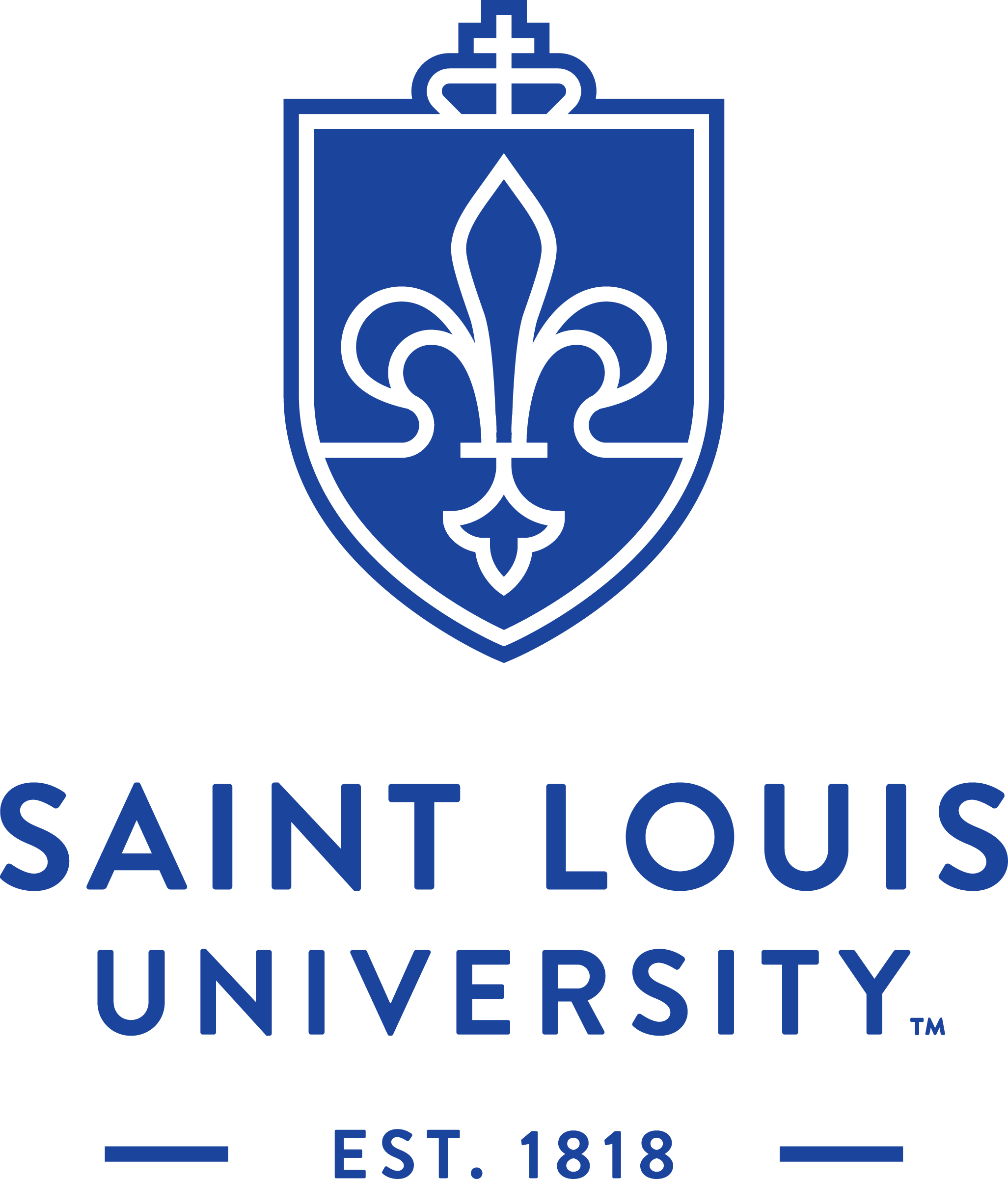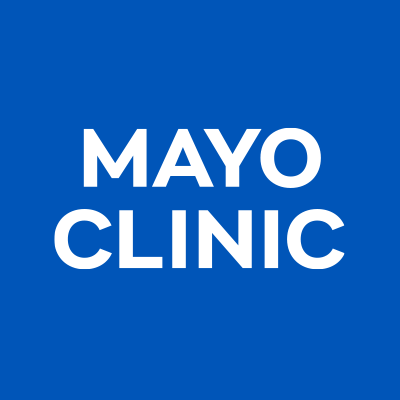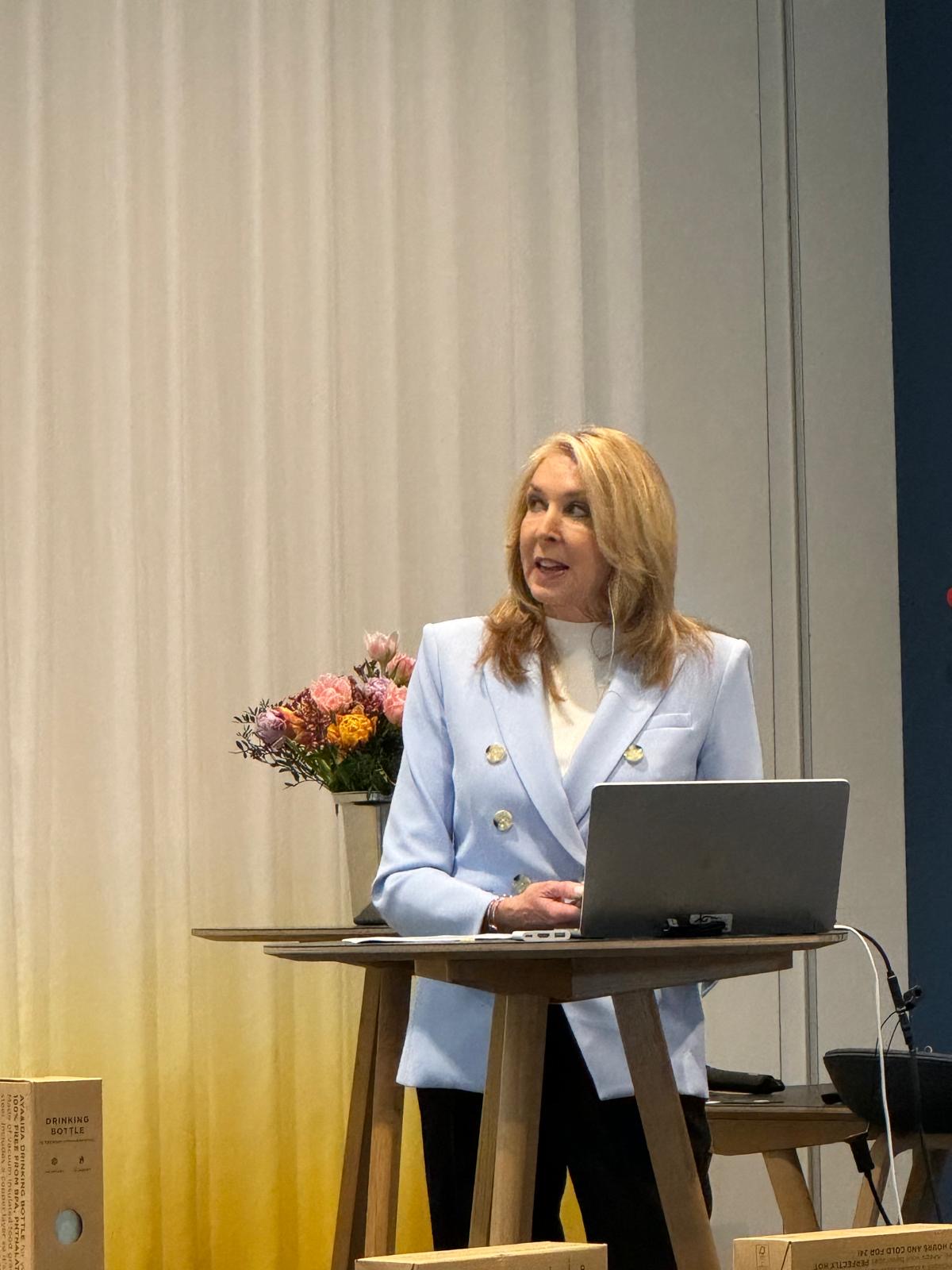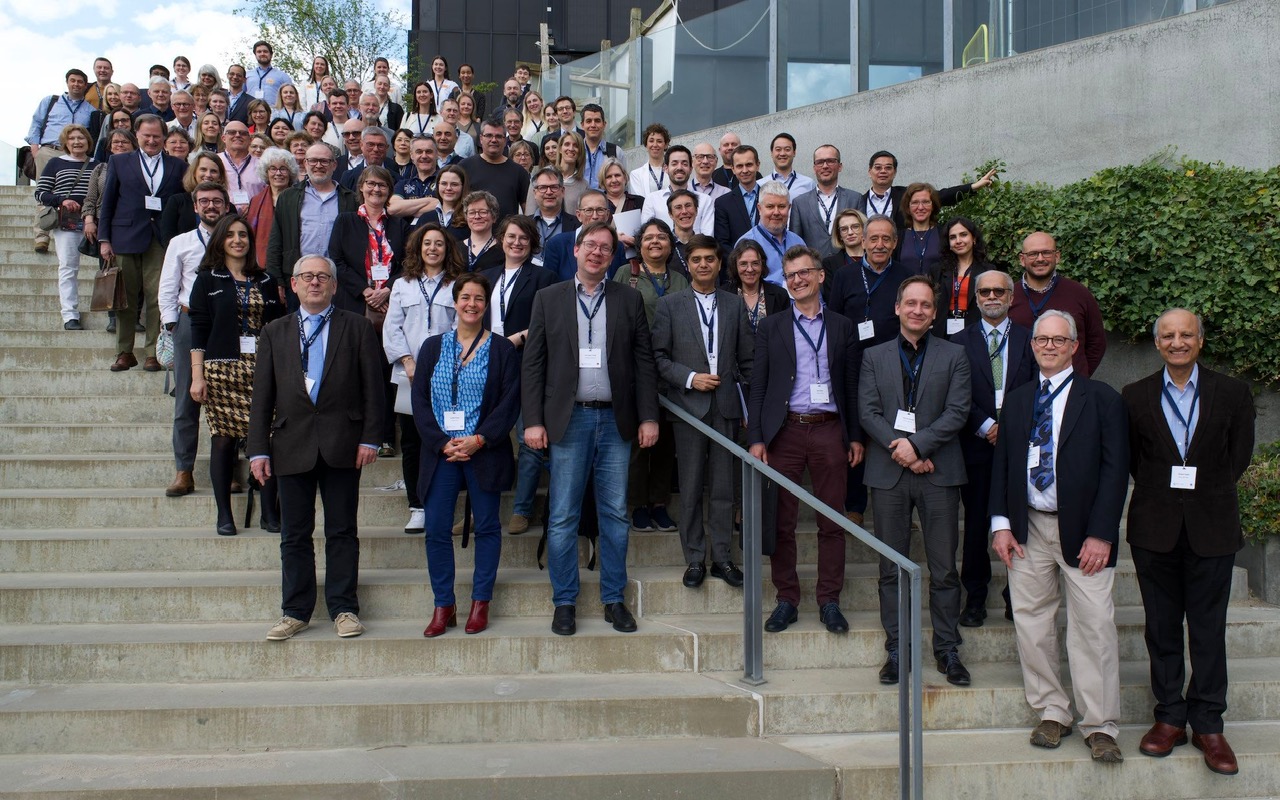
Research and innovation hub at the BARE Symposium in Stanford, CA
The GLI Pediatric and Rare Liver Diseases team was thrilled to attend the BARE Symposium on May 10-11, 2024. It was a fantastic opportunity to connect with numerous researchers and patients at an engaging event that gathered experts from across the US to share innovations and research in biliary atresia.
Jen Lau and Jordan Sarbaugh note that “BARE’s mission is to advance efforts in improving treatments and outcomes for biliary atresia. To do this, we facilitate collaboration between all stakeholders in the biliary atresia space – this includes patients, families, healthcare professionals, administrators, industry representatives, and other organizations that share our commitment of combating this rare pediatric liver disease. Witnessing the creation of this collaborative endeavor and the commitment devoted to it has, and will continue to, create truly extraordinary achievements.”
We look forward to the symposium already underway for 2025!
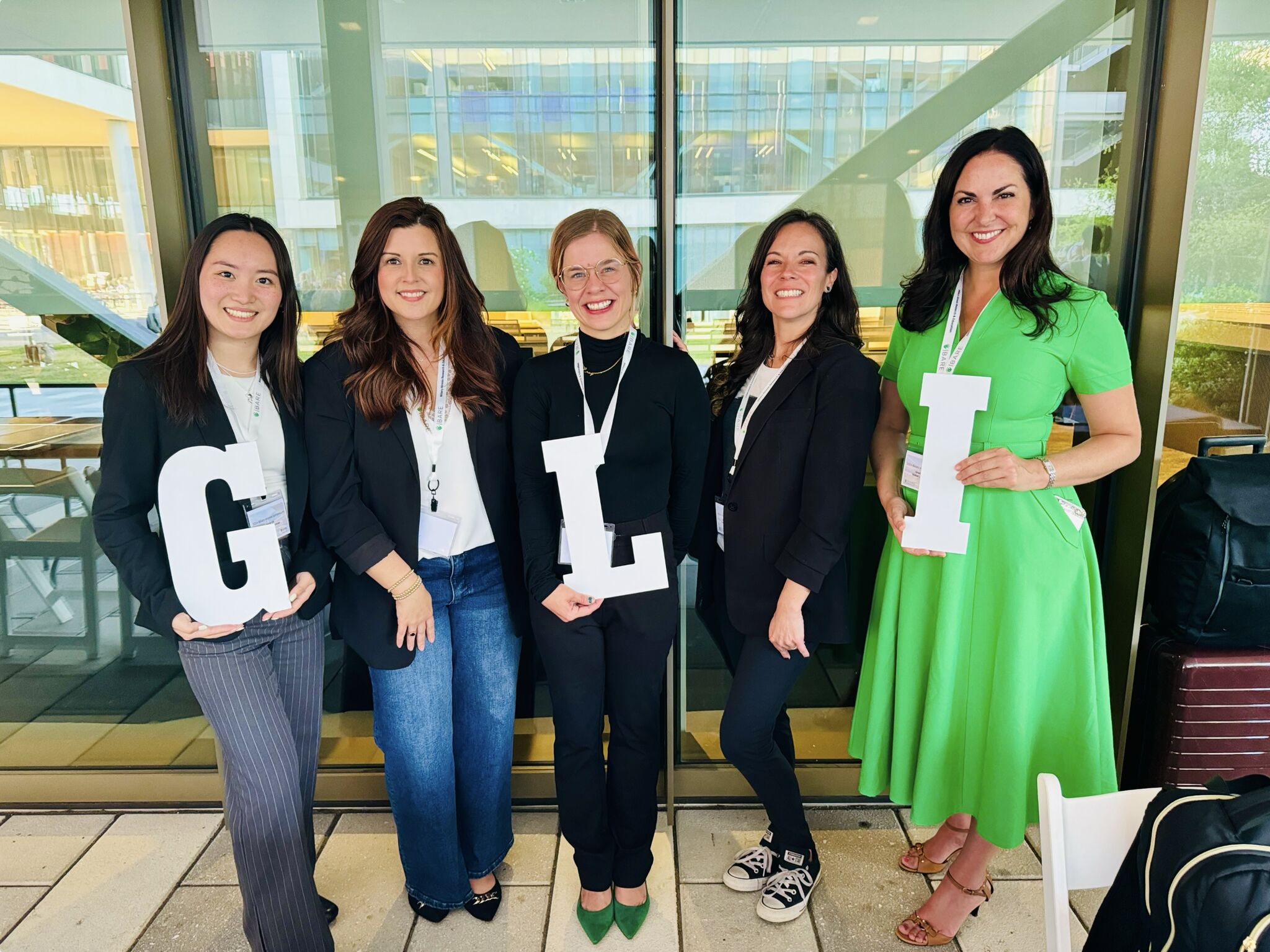
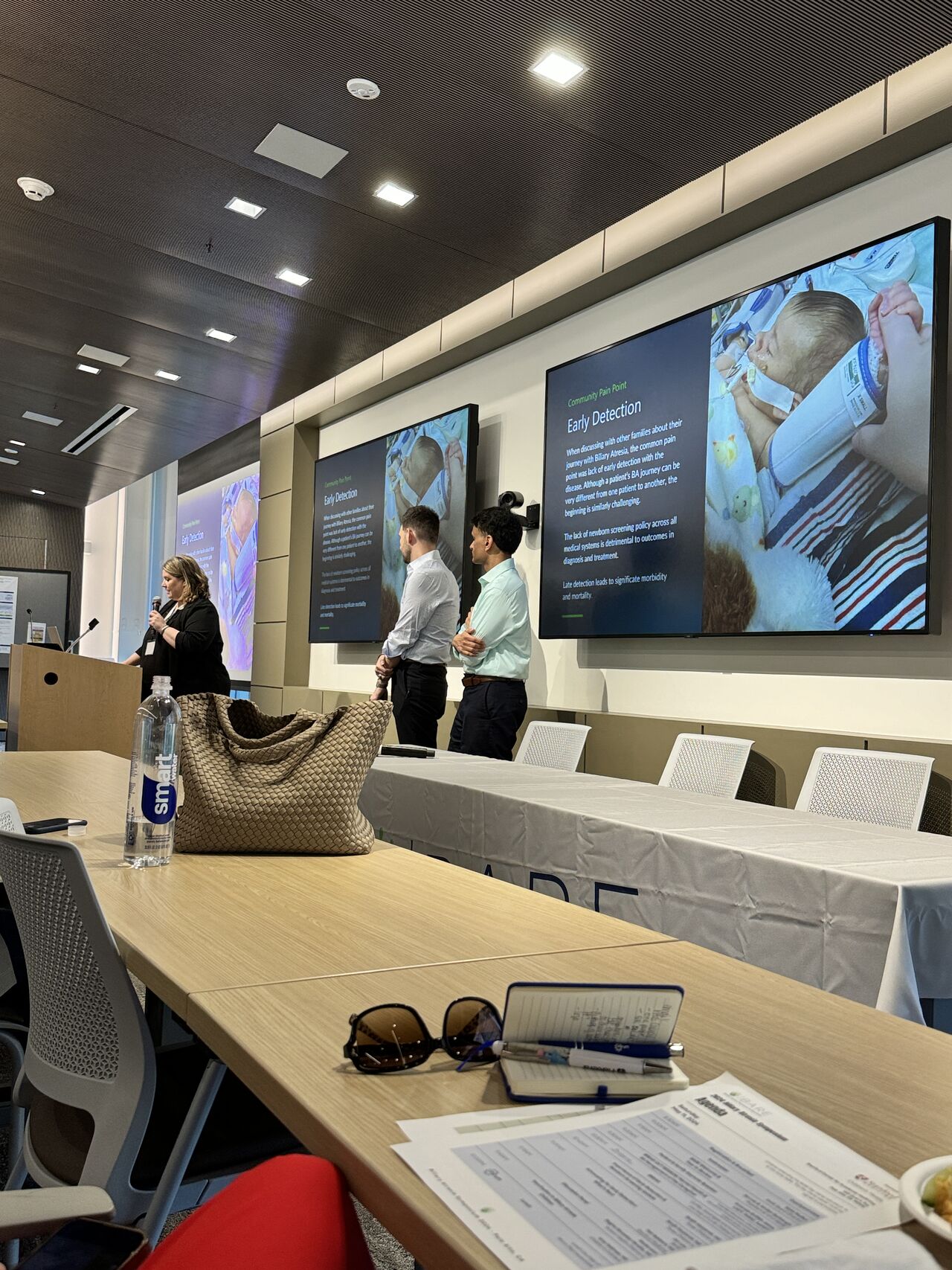
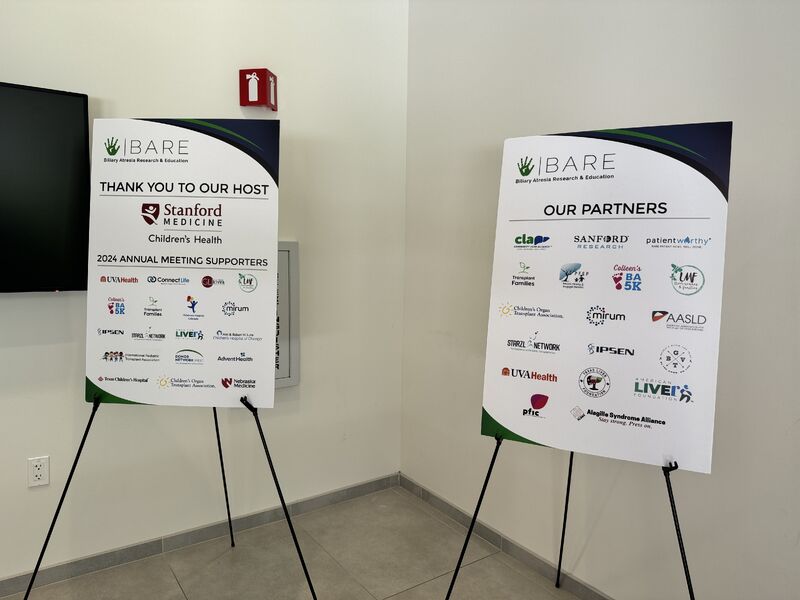
New biomarker identified for infants affected by alpha-1 antitrypsin deficiency
Researchers from Saint Louis University School of Medicine have identified biomarkers that can predict severe liver disease in high-risk infants with alpha-1 antitrypsin deficiency (AATD). This condition can range from mild to life-threatening, but for the first time, it’s now possible to determine which infants need life-saving intervention. This discovery paves the way for more targeted pediatric clinical trials, potentially accelerating the development of treatments.
Mayo Clinic’s new strategy for -omics technology can facilitate personalized health plans for rare diseases
Mayo Clinic’s Center for Individualized Medicine has recently updated their groundbreaking “omics” technologies that affect their rare disease care. This approach integrates precision medicine into everyday clinical practice using genes and environmental exposures to create a personal medical roadmap. The technique may open the door to tailored medical interventions to each person’s unique biological makeup, which might improve overall outcomes and quality of life.
Seladelpar shows significant improvements in pruritus and disease progression for PBC patients
In a pivotal year for primary biliary cholangitis (PBC) drug development, seladelpar has emerged as a promising option by demonstrating significant advancements in disease management and pruritus reduction. Findings from the ASSURE study revealed that approximately 70% of patients reached the composite response endpoint without any serious adverse events reported. Dr. Cynthia Levy has also highlighted in an interview with HCP Live that this addressed a critical challenge in PBC treatment: A considerable portion of patients do not respond to initial or secondary therapies.
Progress in stromal cell therapy may alleviate symptoms and inflammation in PSC
The University of Birmingham, in collaboration with Orbsen Therapeutics Ltd., is spearheading the groundbreaking POLARISE trial to investigate the efficacy of stromal cell therapy in autoimmune diseases like primary sclerosing cholangitis (PSC). Stromal cells naturally resolve inflammation and injury, and initial patient reports of improved symptoms highlight the technique’s potential to advance chronic inflammatory disease treatments.
Recognizing an ultra-rare occurrence in Alagille syndrome
A recent case report published in BMJ Case Reports highlighted a rare occurrence of hepatoblastoma in a toddler with Alagille syndrome and cirrhosis, shedding light on potential diagnostic challenges and treatment complexities in this patient population. While hepatocellular carcinoma is known to affect Alagille patients, hepatoblastoma in this context is exceedingly rare and the first few cases have just been reported. Despite its rarity, Alagille syndrome has garnered a growing network of advocates and resources aimed at improving the lives of those affected.
Council Member Highlight: Wilson Disease Association in Denmark!
In May, Rhonda Rowland, vice president of the Wilson Disease Association and a valued member of our Pediatric and Rare Liver Diseases Council, attended the 2024 International Wilson Symposium. This event brought together over 20 patient advocacy groups from around the world, all united in their mission to establish an international agenda for Wilson disease.
“It was encouraging and hopeful to meet with, and hear scientific presentations from this global
network of doctors dedicated to Wilson disease,” said Rhonda Rowland. “Forming an international coalition of patient advocacy groups to support this commitment and help share information on advances and clinical trials can only improve the quality of life for those with this genetic disease.”
We are thrilled to highlight the incredible work being done by Rhonda and the Wilson Disease Association. Their dedication to advancing research and fostering international collaboration is truly inspiring. We are excited to work closely with them to support these initiatives and contribute to the global effort to improve the lives of those affected by Wilson disease.
Upcoming Events
- June 1 – 20, 2024: ICP Care Virtual Walk / Run to Fight the Itch
- June 5 – 8, 2024: EASL Congress 2024
- June 7 – 9, 2024: 2024 Alpha-1 National Conference
- June 13, 2024: Global Fatty Liver Day
- June 18, 2024: Everylife Foundation Virtual Youth & Teen Advocacy Day
- June 27, 2024: Community Liver Alliance DeLIVERing Hope Ambassador Kick-Off
For more information about the Pediatric and Rare Liver Diseases Council or to learn more about joining, please visit our webpage or email pedsrare@globalliver.org.

